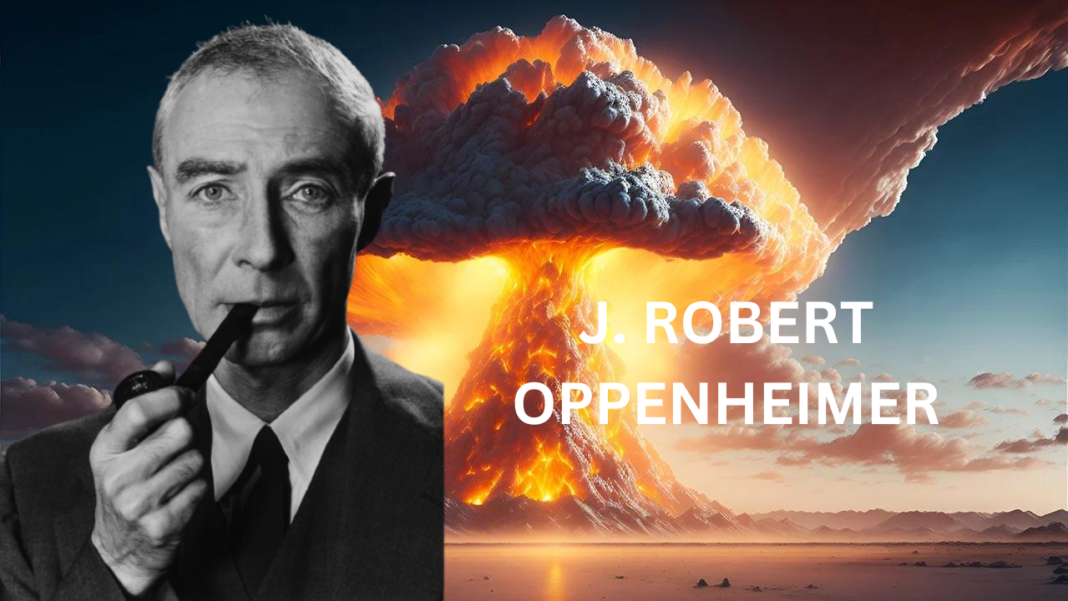J. Robert Oppenheimer, also known as Julius Seligmann Oppenheimer, was a renowned American theoretical physicist and director of the Manhattan Project, which developed the atomic bomb during World War II. Born on April 22, 1904, in New York City, Oppenheimer’s life was marked by exceptional intellectual curiosity, leadership, and controversy.
Early Life and Education
Oppenheimer grew up in a cultured and affluent family, with a strong emphasis on education. He developed a passion for science and literature, particularly in the works of William Wordsworth and John Keats. He attended Harvard University, where he majored in chemistry but soon switched to physics, graduating summa cum laude in 1925. Oppenheimer then moved to Cambridge University, where he earned his Ph.D. in physics in 1927.
Career and Contributions
Oppenheimer’s academic career took him to the University of California, Berkeley, and later to Princeton University, where he became a professor of theoretical physics. His groundbreaking work focused on quantum mechanics, relativity, and nuclear physics. He made significant contributions to the development of the theory of black holes and was a pioneer in the field of quantum electrodynamics.
The Manhattan Project
In 1942, Oppenheimer was appointed director of the secret research laboratory at Los Alamos, New Mexico, which became the central hub for the Manhattan Project. He played a crucial role in assembling a team of top scientists, including Enrico Fermi, Ernest Lawrence, and Richard Feynman, to develop the atomic bomb. Oppenheimer’s leadership and scientific expertise were instrumental in the project’s success.
The “Father of the Atomic Bomb”
Oppenheimer’s association with the atomic bomb earned him the nickname “Father of the Atomic Bomb.” He was deeply concerned about the weapon’s devastating potential and advocated for international control and disarmament. In a famous quote, he said, “I am become Death, destroyer of worlds,” referencing the Hindu scripture, the Bhagavad Gita.
Post-War Life and Controversy
After the war, Oppenheimer continued to work on nuclear energy and disarmament. He served as chairman of the General Advisory Committee of the United States Atomic Energy Commission but was eventually stripped of his security clearance due to alleged leftist leanings and opposition to the development of the hydrogen bomb.
Legacy
J. Robert Oppenheimer’s legacy extends far beyond his scientific contributions. He remains an icon of intellectual curiosity, leadership, and moral responsibility. His life serves as a reminder of the importance of considering the ethical implications of scientific discovery and the need for international cooperation in the face of technological advancements.
In conclusion, J. Robert Oppenheimer was a complex and multifaceted individual who left an indelible mark on the world of science and beyond. His life’s work continues to inspire and challenge us to this day.




